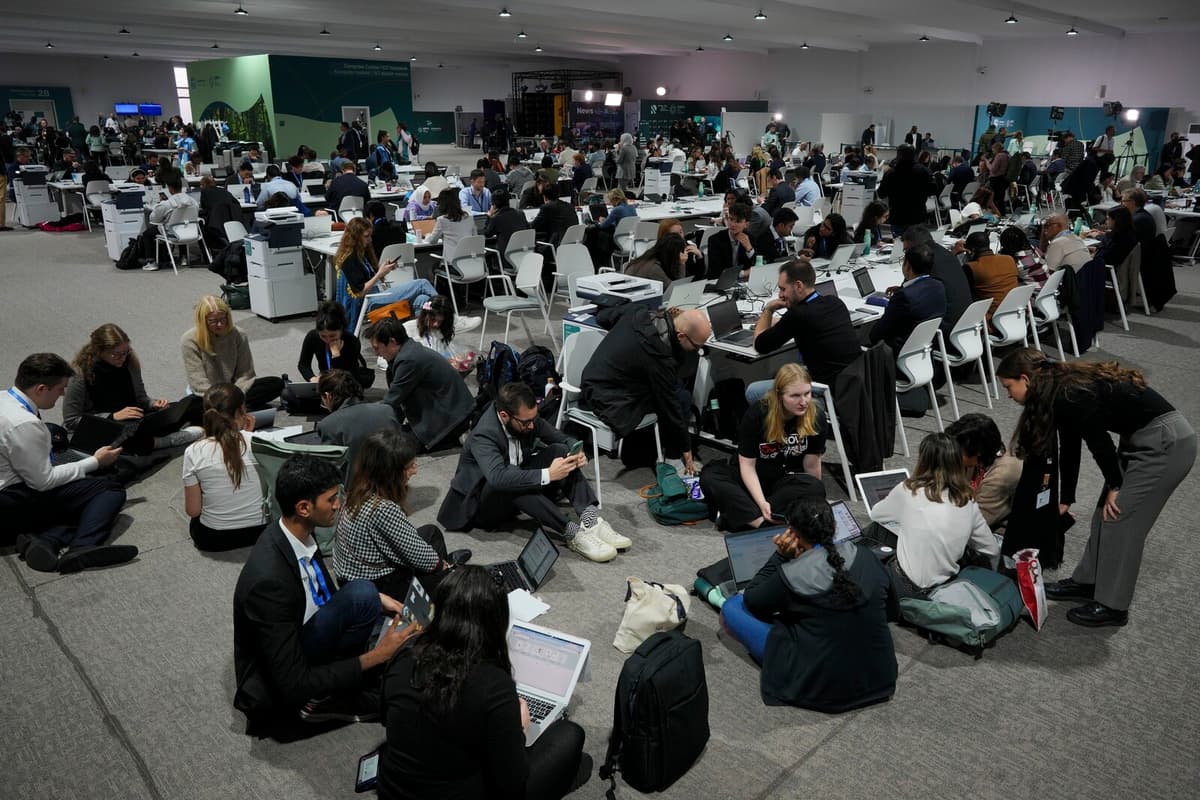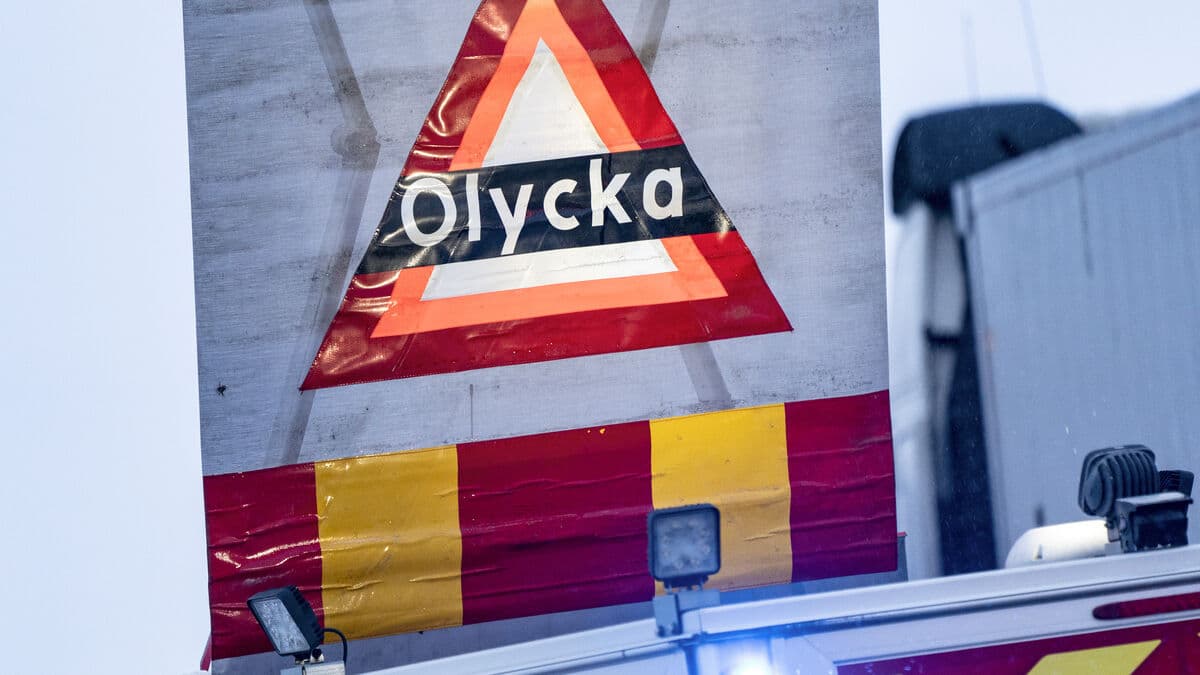What has happened on Friday?
Friday was the last scheduled day of the year's climate summit. Several draft proposals were presented on Friday, including one on the main issue of financing, which for the first time during the two-week meeting contained a figure on how much money rich countries should set aside for climate actions in poor countries. However, the proposal could not be immediately approved by all participants.
What did the proposal contain?
The proposal included the figure of 250 billion dollars annually until 2035. The previous goal was 100 billion for comparison. Another part deals with the lack of clear formulations regarding emission reductions and phasing out fossil fuels, where, among other things, the EU is pushing for clearer requirements that would force all countries to introduce national plans on how to reduce the use of oil, coal, and gas.
How were the reactions from poor countries?
Several poor countries and non-governmental organizations present reacted with outraged feelings. They had themselves set a goal of 1,300 billion dollars. "Totally unacceptable and insufficient", "a slap in the face", and "shameful" were heard from representatives of poorer countries.
What happens now?
The host country Azerbaijan now has the somewhat ungrateful task of coming up with amendment proposals to the draft. During the night towards Saturday, local time, they are expected to hold talks with different countries. The ambition is to raise the figure from 250 billion, and some analysts guess that a new proposal could land on 300 billion. There are also divided opinions on what should be included in the sum, for example, contributions or also loans and private investments.
"We will continue to work hard, inclusively and transparently to push all to the highest possible ambition result", says the presidency in a statement.
When can a new proposal be presented?
No one knows, but some guess sometime on Saturday. After that, countries will have to go through it again and see if they can agree on the new formulations. Then the host country can call for a plenary session, and when the agreement has been approved by all participants, the meeting can be closed.
What happens if they don't agree?
If they can't come to a decision, they can't close the meeting. This means that the world's countries will have to gather again for a new meeting before COP30 in Brazil next year. It's both expensive and complicated – but can happen.






